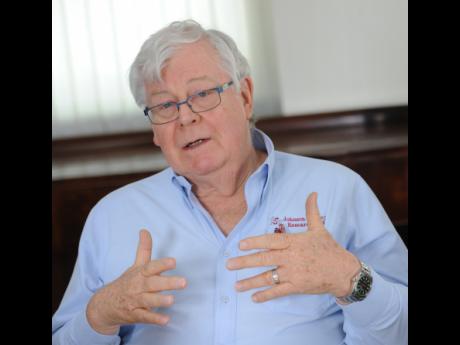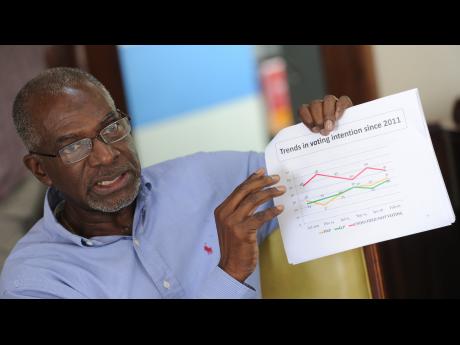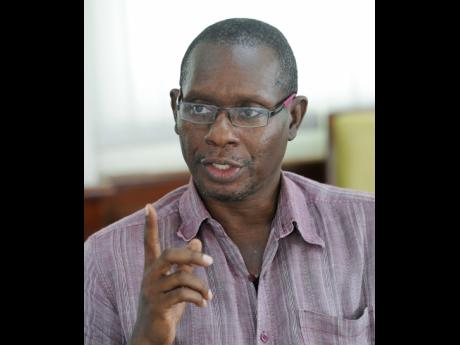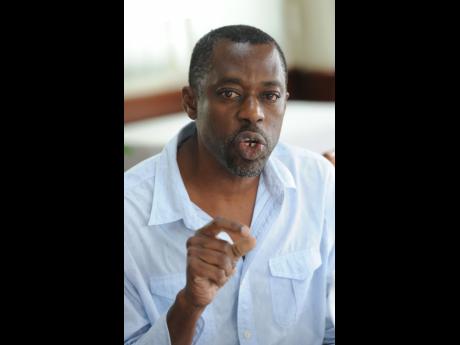FEBRUARY 11- 4 …14 days of hell for the PNP
Pollsters, analysts agree that the tide turned for the JLP in the last two weeks of campaigning
Pollsters and academics who tested the pulse of the nation ahead of last month's general election have uniformly agreed that the last two weeks of the campaign was decisive in the Jamaica Labour Party's (JLP) victory.
According to the pollsters and academics, who all projected a close victory for the People's National Party (PNP), the scuttled leadership debate and a tax plan which captured the imagination of many Jamaicans were the magic bullets for the JLP.
Controversy raged in the public space as the PNP ducked from the planned series of pre-election debates at the eleventh hour, while a late announcement by the JLP of an income tax exemption for persons earning $1.5 million or less annually knocked the wind out of the PNP.
"It is very unusual in the last week in Jamaica for something to have such a dramatic effect," said Bill Johnson, who was commissioned by The Gleaner to do a series of polls in the lead-up to the election.
Johnson, who had correctly projected a 32/28 victory for the JLP in 2007 general election, argued that 2016 saw "a 30-year election", as he argued that the shift seen over the last two weeks of campaigning might not be repeated for a very long time.
SWING VOTES
"If you look at our three polls in constituencies just before last month's election, there was a higher-than-expected swing for the JLP," noted Johnson, whose last polls were conducted days before the election in three seats which were expected to be tight - St Andrew East Rural, St Elizabeth South West, and St Mary Western.
The PNP held all three seats leading into the election, but the Johnson poll found them turning green with the JLP poised to grab them.
He said while the PNP held the momentum entering February, the sand quickly shifted.
"Then the combination of the debate and the tax situation shut down the momentum," said Johnson, a position shared by fellow pollster Don Anderson.
"There is no question that the two significant factors affected the turnaround," said Anderson. "That dramatic turnaround is something that is unusual," added Anderson, whose last poll showed the PNP leading the JLP by three percentage points two weeks before the election.
Anderson said the trend was a far cry from 2007 when the JLP last won. "We were able to predict the election would go 32/28, and that is exactly how it turned out.
"We were able to extrapolate from the polling trends that the 2007 election results would be in favour of the JLP," said Anderson.
HELL FOR PNP
For university lecturer and political forecaster, Dr Christopher Charles, it was hell for the PNP in the last lap of the campaign.
"In the last week and a half, we underestimated the shift caused by the positive impact of the tax plan," said Charles.
"So after 10 months of hard work, in the last week and a half, we missed an important line item," added Charles.
He told Gleaner editors and reporters that the impact of the tax plan was missed by his team because of what he characterised as the low expectations of the fulfilment of campaign promises by the electorate.
Social anthropologist Dr Herbert Gayle, who also projected a close PNP victory, argued that a large part of the "articulate minority" (persons who are ever present on social media) was swayed against the PNP on election day by a pronouncement of party President Portia Simpson Miller.
When asked about the likelihood of losing during a live televised interview, Simpson Miller declared: "Do I look like a loser to you?"
According to Gayle, several persons he surveyed after the election said that not only spurred them to vote but pushed them to encourage others to also go out and vote.




